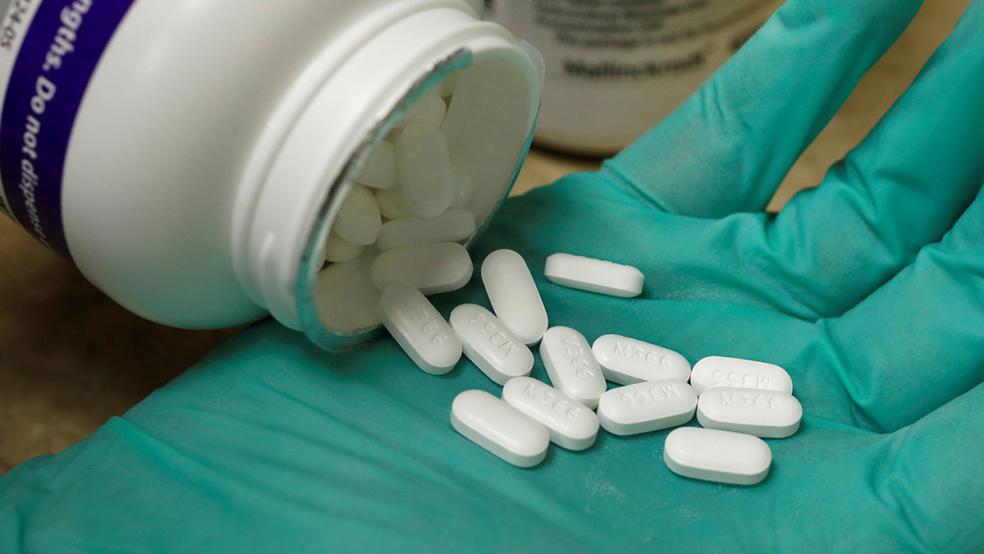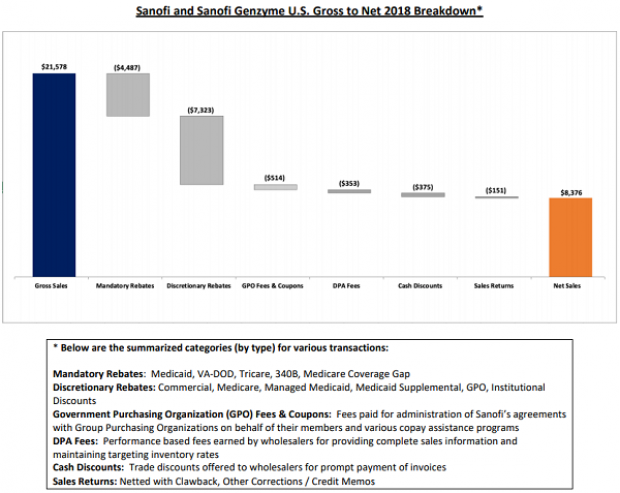There were few fireworks, and even fewer solutions, as executives from seven major pharmaceutical companies appeared Tuesday before the Senate Finance Committee to address high drug prices.
Sen. Chuck Grassley, the committee chair, warned in his opening remarks that he and most members of Congress “are sick and tired of the blame game” around drug prices. But the executives played a few more rounds anyway. STAT’s Lev Facher said that the hearing “served mostly as a retreading of arguments that lawmakers and the drug industry have spent years fine-tuning.”
One recurrent theme in the hearing was the complexity of the drug pricing system and the pharma executives’ self-proclaimed helplessness to change it on their own. The executives blamed middlemen such as pharmacy-benefit managers for high list prices, which they said were necessary to maintain sales.
The rebate system currently in place was cited as a particularly vexing problem that the executives would like to see eliminated. Under the system, drug companies raise their list prices so they can offer larger refund payments to the middlemen who control access to drugs for millions of Americans. “The government has to step up and change the rules. Rebates have to go,” AstraZeneca CEO Pascal Soriot said. Several of the executives said they would lower their list prices if the rebate system were eliminated.
Sanofi CEO Olivier Brandicourt provided what Business Insider’s Emma Court called “a rare look behind the curtain of drug prices,” as it broke down the value of the rebates it paid last year. Sanofi’s gross U.S. sales in 2018 were $21.6 billion, but its net sales were $8.4 billion — due in large part to the $7.3 billion in “discretionary rebates” the company paid to groups including commercial insurers and Medicare, and $4.5 billion in “mandatory rebates” paid to groups including Medicaid and the VA.
The executives expressed support for a Trump administration proposal to pass rebates paid to pharmacy benefit managers on to consumers. In the end, though, none of the representatives from AbbVie, AstraZeneca, Bristol-Myers Squibb, Johnson & Johnson, Merck, Pfizer and Sanofi committed to a concrete plan to lower the list prices for their drugs.
The bottom line: It will take much more than high-profile hearings to actually bring down drug prices or broader health care costs. But pharmacy benefit managers reportedly could be called to testify at a similar hearing before long





